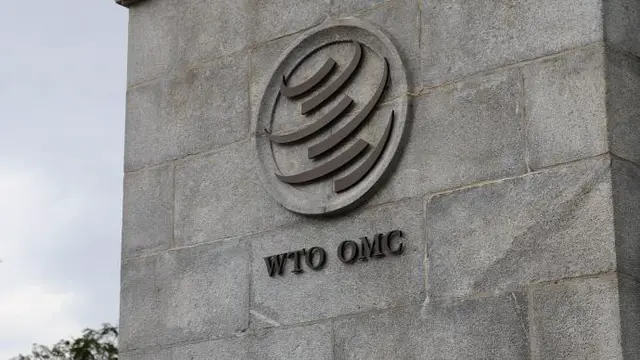Abdulla Yameen was sworn in as Maldives president on Sunday, a day after wining a closely contested runoff election, ending nearly two years of political uncertainties that pose threat to the Indian Ocean holiday paradise'svital tourism sector.
Yameen narrowly defeated former President Mohamed Nasheed with 51.6 percent of vote, bringing an end to a long drawn-out presidential battle spanning nearly three months.
Addressing the nation, the new president pledged to work for an all inclusive economy and make Maldives a peaceful nation that achieves progress.
During his campaign, the 54-year-old economist had pledged to pursue oil exploration and encourage foreign investment in extraction, noting that the rising price of the commodity made extraction more feasible.
He said that he wants to establish a small but effective government, adding that he would take steps to reduce government expenditure.
He noted that the economy is suffering so that his priority will be to improve the economy.
His running mate Dr Mohamed Jameel Ahmed has taken oath as Vice President.
Yameen is the half brother of former President Maumoon Gayoom, who ruled the Maldives for 30 years before being ousted in 2008 by Mohamed Nasheed in the country's first multi-party elections.
Yameen was strongly backed by Gayoom loyalists and built his popularity with nationalist and religious stance, political analysts believe.
He was arrested and briefly detained during Nasheed's administration in June 2010 on charges of bribery and attempting to topple the government.
During the election campaign, Yameen and his backers accused Nasheed and his Maldivian Democratic Party (MDP) of being too secular and close to the West.
Maldives presidential race has been plagued with controversy after the results of the first round of voting on Sept. 7 were annulled on unsubstantiated vote rigging charges and two other polls were cancelled by the Supreme Court while another attempt to hold polls on Oct. 19 was stopped by the police at the last minute.
Nasheed who remains the country's first democratically elected president led the fresh first round on Nov. 9 with nearly 47 percent of the vote while Yameen got only 29.73 percent.
However, third placed candidate Gasim Ibrahim who is also dubbed the richest man in the Maldives threw his weight behind Yameen just ahead of Saturday's crucial run-off.
Political unrest has prevailed in the Maldives since Nasheed was controversially ousted from power in February 2012 in what he alleged was a coup.
Nasheed conceded defeat on Saturday, saying he would not challenge the results and his MDP would refrain from inciting violence but focus on becoming an opposition party loyal to the state and winning the parliamentary election.
The Maldives is a predominantly Muslim nation of 350,000 people with 91 percent of 240,000 eligible voters casting ballot on Saturday.
The Progressive Party of Maldives (PPM) of which Yameen was the presidential candidate took a strong law and order line in reaction to voters' fear over rising crime in the Maldives, pushing for implementing the death penalty and pledging harsher prison sentences for crimes such as obstruction of police duty.
The PPM has proposed the development of a cargo transit port in the Maldives, and increasing the size of the tourism industry by creating 26,000 jobs.
Yameen told a press conference following the announcement of initial election results Saturday evening that he would try to announce his cabinet, and specifically appoint the economic minister on Sunday.
He said the first business for his government would be to revise the budget for next year.
The president-elect also said he would propose cutting his salary by half.
Some local analysts believe that Yameen's earlier success in charge of several state-run firms could help him win the confidence of investors.
Yameen will also benefit from his experience as a Member of Parliament (MP) for nearly a decade.
Now Yameen will have to negotiate some of his promises with Gasim's Jumhoory Party as Yameen has agreed to share as much as 38 percent of his government with him as part of the election deal, local media reported.
Gasim is believed to have strong influence over the police and judicial institutions in the country, which the United Nations has said need to be strengthened for credible elections.
 简体中文
简体中文

